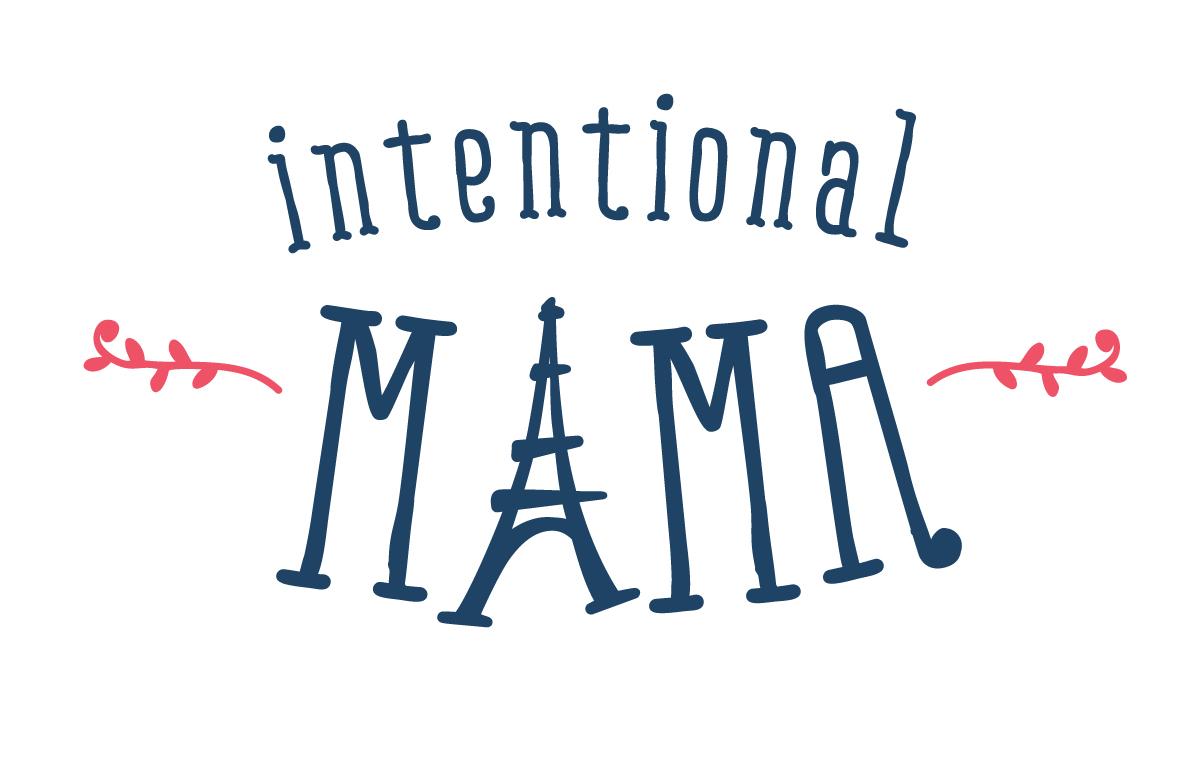A French Language Progress Update: 3 Months After Our Extended Stay in France
This past Christmas Eve marked three months since my children and I returned from France, so it's fair to say that the French usage patterns that we still have now are the patterns that will endure for a while. Before we left I was so curious about how an extended stay in France would affect and impact our family's bilingual development! Everyone knows that language immersion will improve one's ability to understand and use a language, but exactly how much language fluency can a child gain in a few months of immersion? Here's what happened for our family:
Our son's progress:
Our son enjoying a fountain in Lyon, France
Our three-year-old son continued to speak in English during our first two months in France, but during the second month of our stay, he started to voice some language observations. "Dad, you need to speak FWENCH because people here don't understand Engwish!" He'd say. (My husband found this amusing because our son understands far more French than he does, never having studied French.) But our son's progress in speaking French came during the third month of our stay after my husband returned to the U.S. and when my son began attending a local public preschool in the mornings. He claimed not to like school and not to have any friends (so sad, but not uncommon for three-year-olds), but he liked his teacher and he always seemed content when I picked him up. At home he spoke English but he began to blurt out new French phrases like, "N'importe quoi!" ("Whatever!"), making his sister and I giggle. What really amazed me after a few weeks of school was how his previous resistance to French just seemed to melt away; he began to happily greet adults in French during our daily errands, and occasionally replied to me in French as well.
Nibbling on our bread en route to our French apartment
Now that we're home, he still speaks to me mostly in English but will occasionally respond in a complete French sentence, which is fantastic. Perhaps his new bilingual flexibility is also linked to the fact that he's about to turn four years old and his previously strong will is giving way to compliance, but regardless of the cause(s), I'm simply grateful that he's showing an openness to French.
Our daughter's progress:
Posing for la rentrée (back to school) with an after school treat--ice cream from Terre Adélice, Lyon
Our six-year-old daughter blossomed into a full bilingual in France, thanks largely to the week she spent playing with a new seven-year-old French friend, the additional week we spent with my former host family, and the month of school she attended in Lyon. Before this trip, she used French with me occasionally, but within hours of our arrival in France she began communicating with me in French 100% of the time, and French has been our language of communication ever since. Now that we're back in the U.S., I find it funny to hear her slip English words into a French sentence now and then, but she readily adopts the French word when I recast her statement in French. "Regarde, Maman--je te vois upside down," she told me tonight while using the couch to balance on her head. "Tu me vois à l'enverse?" I ask, and she replies, "Oui, à l'enverse." It's an amusing thing to see the world from a new perspective, and lovelier still to bring that fresh view back home.
P.S. La petite souris did indeed get to visit my daughter in France, just as the tooth fairy was able to pay her a visit a month after we returned to the U.S. (I mentioned my hope about this here before we left.)
P.P.S. Even if you fear you could never spend more than a few weeks abroad as a family, take heart! Exploring another culture for any length of time is such a rich experience, and any exposure at all can foster such beautiful new understandings. I really hope you can make family travel a priority!
Related Posts:
- A Bilingual Progress Update: Before Our France Trip
- Tips for Choosing Family Lodging in Paris
- How I Enrolled my Child in Preschool in France (for One Month)



